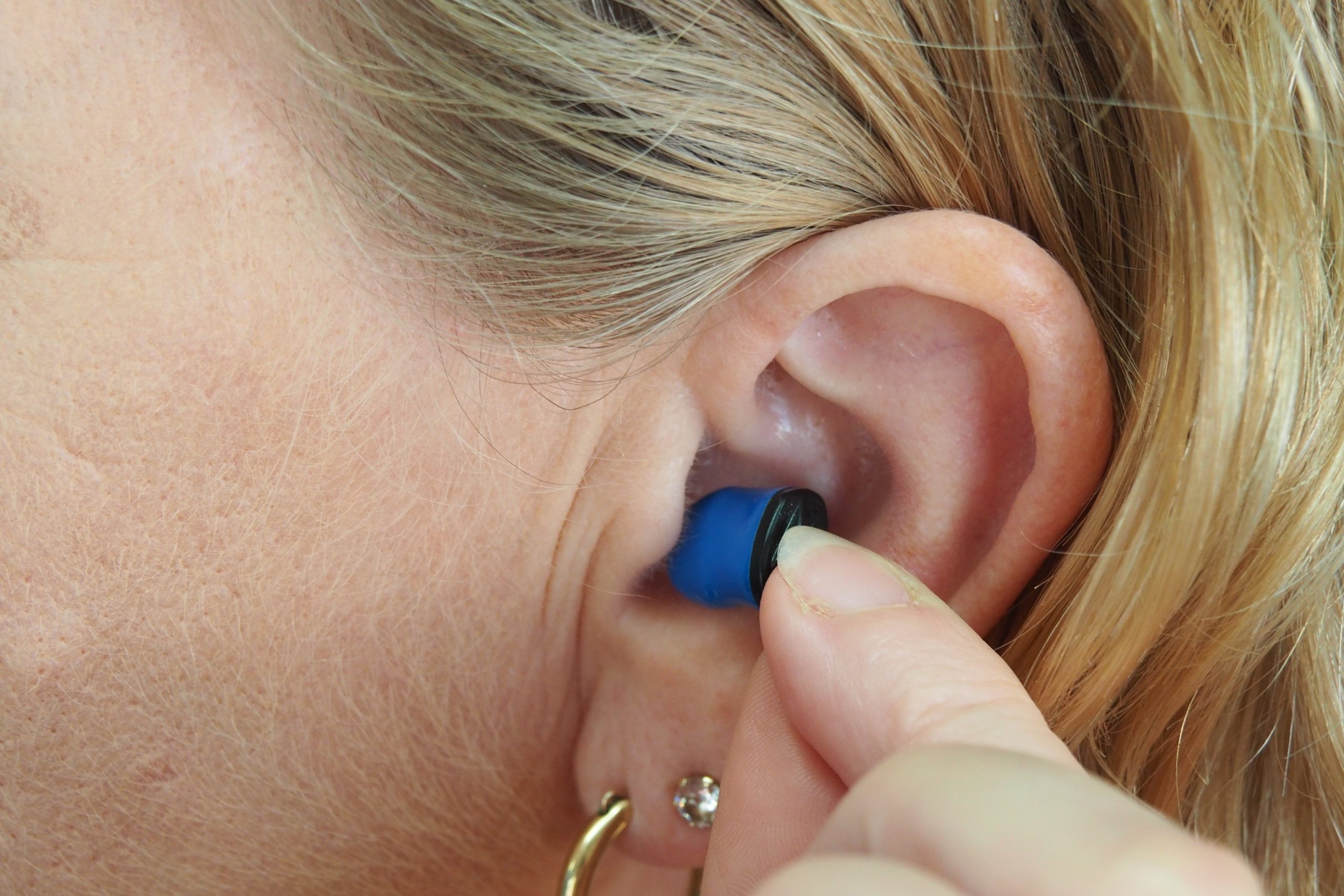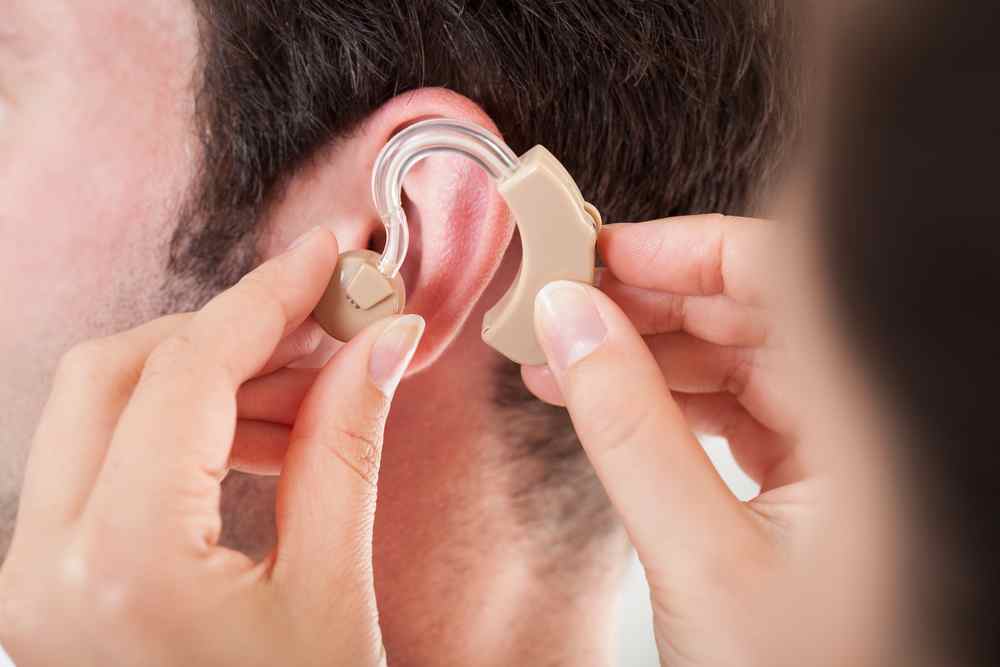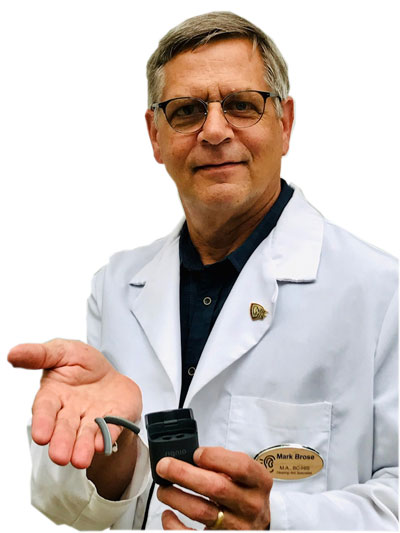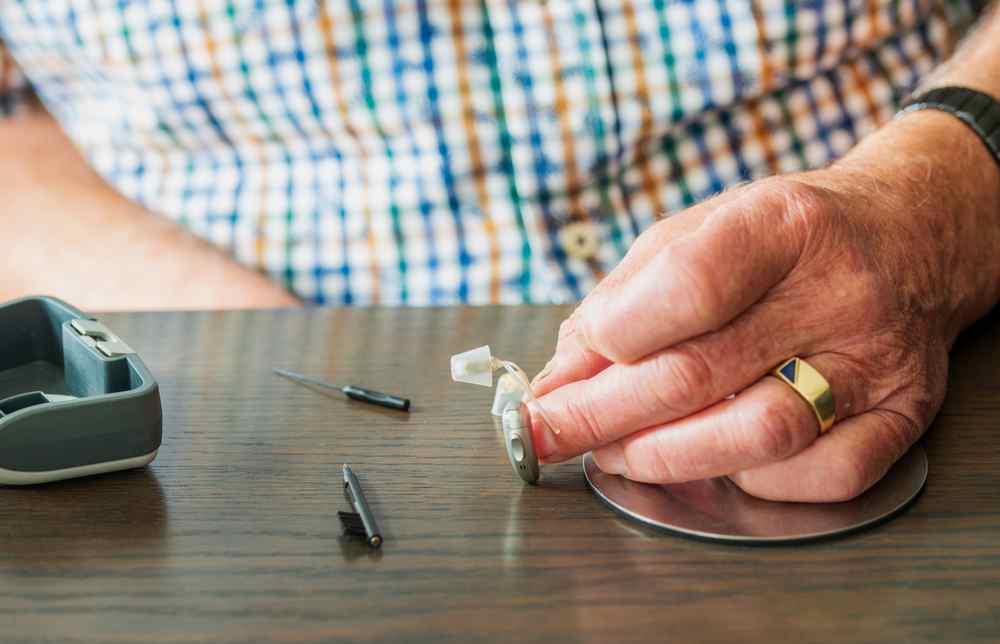Why do Hearing Aids Whistle? Here is your Answer
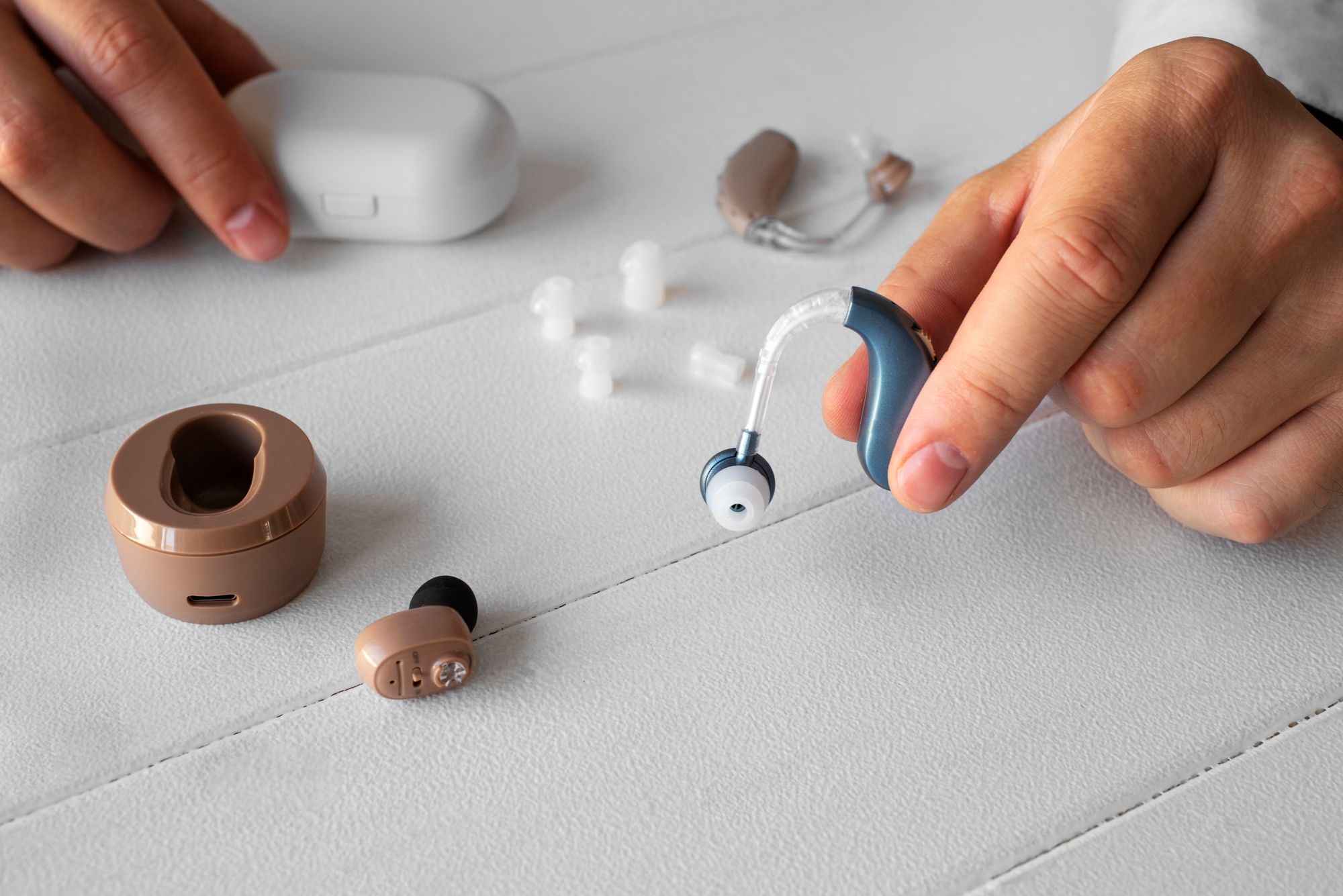
Hearing aids are a valuable tool for individuals who experience hearing loss, allowing them to better communicate with others and enjoy a fuller life. However, hearing aids can sometimes whistle, which can be frustrating and embarrassing for the wearer. In this blog, we will explore why do hearing aids whistle and what can be done to prevent it.
The whistling sound that occurs in hearing aids is called feedback. Feedback occurs when sound from the hearing aid’s speaker is picked up by the microphone and then re-amplified, creating a loop of sound that results in a high-pitched whistle. Feedback is more likely to occur when the hearing aid is placed too close to the microphone or when the hearing aid’s settings are not properly calibrated.
Why do Hearing Aids Whistle?
There are several reasons why hearing aids may whistle:
- Poor fit: If the hearing aid does not fit properly in the ear canal or sits too far out, it can cause feedback.
- Earwax buildup: Earwax can accumulate in the ear canal, blocking sound from the hearing aid and causing feedback.
- Volume setting: If the volume of the hearing aid is set too high, it can cause feedback.
- Loose parts: Loose or damaged parts in the hearing aid can cause feedback.
- Interference: Electronic devices, such as cell phones, can interfere with the hearing aid’s microphone, causing feedback.
So, What can be done to prevent hearing aids from whistling?
- Proper fit: Ensuring that the hearing aid is properly fit in the ear canal can help prevent feedback.
- Regular cleaning: Regularly cleaning the hearing aid and the ear canal can prevent earwax buildup.
- Volume adjustment: Adjusting the volume of the hearing aid to an appropriate level can help prevent feedback.
- Maintenance: Regular maintenance of the hearing aid can help prevent loose or damaged parts.
- Avoiding interference: Keeping electronic devices away from the hearing aid can help prevent interference.
In conclusion, hearing aids whistle due to feedback, which can be caused by a poor fit, earwax buildup, improper volume settings, loose parts, and interference from electronic devices. By following the tips above, you can help prevent hearing aids from whistling and enjoy clearer, more comfortable hearing.
It’s always important to consult with a hearing healthcare professional if you are experiencing problems with your hearing aids or if you have any concerns.
One common cause of feedback is the shape of the wearer’s ear canal. Some people have ear canals that are more prone to feedback than others. If this is the case, your hearing healthcare professional may recommend a custom-fit hearing aid or an earmold that is designed to reduce feedback.
Another factor that can contribute to feedback is the type of hearing aid being used. In-the-ear (ITE) and completely-in-canal (CIC) hearing aids are more likely to cause feedback than behind-the-ear (BTE) hearing aids because they are closer to the eardrum.
If you experience feedback with an ITE or CIC hearing aid, your hearing healthcare professional may recommend switching to a BTE model.
In addition to the tips mentioned above, here are a few more ways to prevent hearing aid feedback:
- Use a hearing aid with a feedback cancellation system. Many modern hearing aids are equipped with feedback cancellation technology that can help prevent feedback before it even starts.
- Keep the hearing aid clean and well-maintained. A hearing aid that is dirty or has damaged parts is more likely to cause feedback. Regular cleaning and maintenance can help prevent this.
- Choose the right type of hearing aid for your needs. If you have severe or profound hearing loss, you may need a more powerful hearing aid that is less prone to feedback.
- Take breaks from wearing your hearing aids. Giving your ears a break from hearing aids for a few hours each day can help prevent feedback and reduce ear fatigue.
By following these tips and working closely with your hearing healthcare professional, you can prevent hearing aid feedback and enjoy clearer, more comfortable hearing. Remember, hearing aids are an important investment in your health and wellbeing, so it’s important to take good care of them to ensure that they work properly for years to come.
